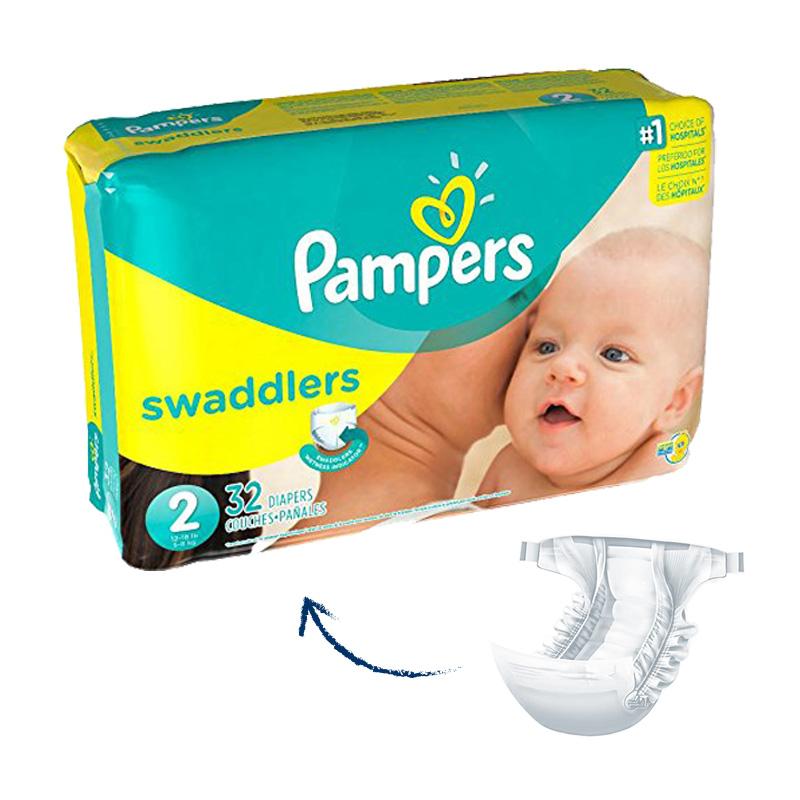
# Dog Food Packaging Bag: Essential Guide for Pet Owners
## Understanding Dog Food Packaging Bags
Dog food packaging bags play a crucial role in preserving the quality and freshness of your pet’s food. These specialized bags are designed to protect the contents from moisture, air, and contaminants that could compromise the nutritional value of the food.
Modern dog food packaging typically comes in various forms, including stand-up pouches, flat bags, and resealable options. Each type serves a specific purpose and offers different benefits for pet owners.
## Key Features of Quality Dog Food Packaging
### 1. Material Composition
High-quality dog food bags are typically made from multiple layers of materials:
– Outer layer: Often printed with branding and product information
– Middle layers: Provide barrier protection against oxygen and moisture
– Inner layer: Food-grade material that comes in direct contact with the food
### 2. Resealable Mechanisms
Many modern dog food bags feature:
– Zipper closures
– Velcro seals
– Fold-over tops with clips
– Press-to-close mechanisms
These features help maintain freshness between feedings and prevent spills.
### 3. Durability and Strength
Quality packaging should withstand:
– Rough handling during transportation
– Potential punctures from sharp kibble edges
– The weight of the food without tearing
## Choosing the Right Packaging for Your Dog’s Food
When selecting dog food, consider these packaging factors:
### 1. Size Matters
Choose packaging that matches your dog’s consumption rate:
Keyword: dog food packaging bag
– Small bags (5-10 lbs) for small dogs or trial sizes
– Medium bags (15-30 lbs) for average-sized dogs
– Large bags (40+ lbs) for multiple dogs or large breeds
### 2. Storage Considerations
Evaluate your storage space:
– Stand-up bags save space in pantries
– Flat bags may be easier to store in tight spaces
– Consider stackability if buying in bulk
### 3. Special Features
Look for these useful additions:
– Handles for easier carrying
– Windows to view food levels
– Tear-notches for easy opening
– Measuring cups built into the packaging
## Environmental Impact and Sustainability
As pet owners become more environmentally conscious, manufacturers are responding with:
– Biodegradable packaging options
– Recyclable materials
– Reduced plastic content
– Refill programs to minimize waste
When possible, choose eco-friendly packaging and properly recycle used bags according to local guidelines.
## Proper Handling and Storage Tips
To maximize your dog food’s shelf life:
1. Always seal the bag tightly after each use
2. Store in a cool, dry place away from direct sunlight
3. Consider transferring food to an airtight container if the original packaging is damaged
4. Check expiration dates before purchasing and using
5. Keep bags off the floor to prevent pest access
## Safety Considerations
Be aware of these potential hazards:
– Sharp edges on some packaging materials
– Choking hazards from small plastic pieces
– Mold growth in improperly stored food
– Pest contamination in torn packaging
Always inspect packaging before use and discard any damaged bags.
## The Future of Dog Food Packaging
Innovations in pet food packaging include:
– Smart packaging with freshness indicators
– Portion-control dispensing systems
– Improved sustainable materials
– Enhanced barrier technologies for longer shelf life
As technology advances, pet owners can expect even more convenient and environmentally friendly options for storing their dog’s food.
By understanding the importance of dog food packaging and making informed choices, pet owners can ensure their furry friends receive fresh, nutritious meals while minimizing waste and environmental impact.